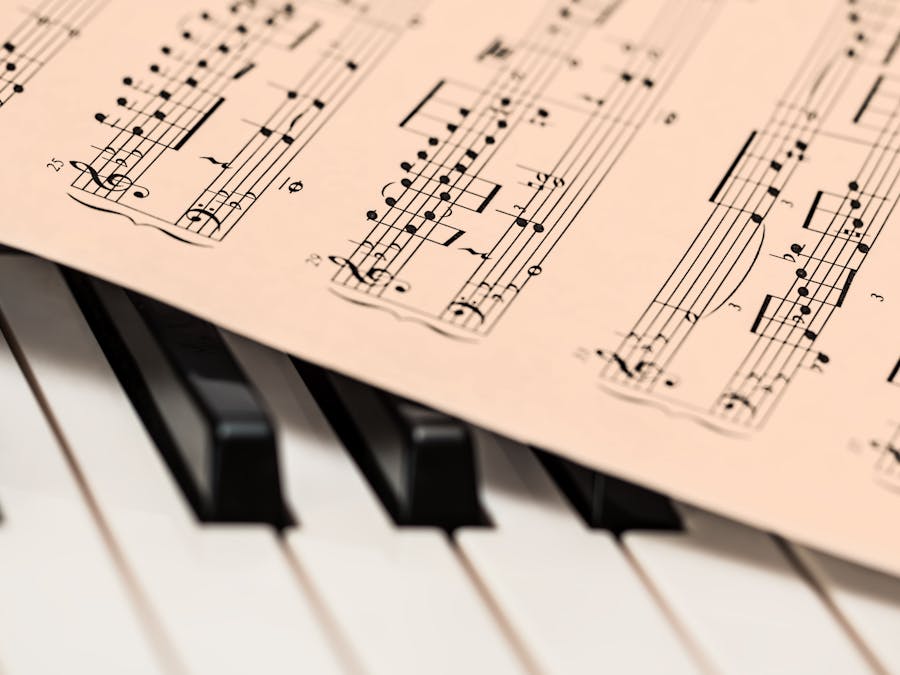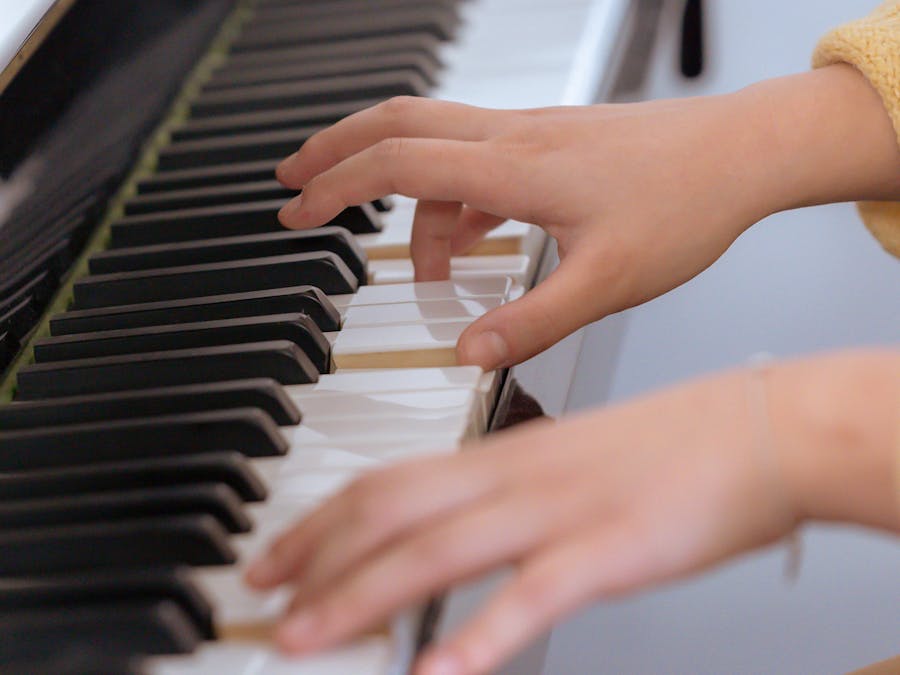 Piano Guidance
Piano Guidance
 Piano Guidance
Piano Guidance

 Photo: Brett Sayles
Photo: Brett Sayles
In acoustic pianos, the keys themselves are made of wood—often spruce or basswood. It is only the thin top of the white keys that is made of ivory or plastic. (The black keys are made of ebony or another hardwood that's been stained black.)

Methods of Learning Piano The Suzuki Piano Method. This is one of the most celebrated methods of learning both piano and violin. ... The Alfred...
Read More »
So, what is a 2 note chord called? The technical term for a 2-note chord is a “dyad.” That said, a 2-note chord may also be referred to as a...
Read More »‘Tickling the ivories’ is a euphemism for playing the piano that’s persisted to today, even though piano manufacturers no longer use ivory in their manufacture—and for good reason. Most pianos have 52 white keys and 36 black keys for a total of 88 keys. In acoustic pianos, the keys themselves are made of wood—often spruce or basswood. It is only the thin top of the white keys that is made of ivory or plastic. (The black keys are made of ebony or another hardwood that’s been stained black.) The plastic often used for piano key tops is a kind of acrylic called ABS – acrylonitrile butadiene styrene – an opaque thermoplastic polymer. Thermoplastics like ABS liquefy, which allows them to be injection molded and shaped. Low- to mid-end digital pianos will use keys that are 100 per cent plastic, while high-end digital pianos have keys similar to their acoustic cousins.

Playing on an out-of-tune piano isn't just an unpleasant experience. It can actually hinder your growth as a musician. You can't develop a good...
Read More »
The middle of all keyboards However, middle C is not called middle C because it is in the middle of the piano. Middle C is called middle C because...
Read More »A complaint about early generations of plastic piano keys was that the keys felt slippery. However, improvements in plastics technology have allowed for the creation of plastic materials with grippier textures, some that are very similar to ivory. Yamaha, for example, uses mineral plastics to create a simulated ivory material it calls Ivorite. “I am a piano player. And I realize that ivory piano keys are preferred by some pianists…. But a preference for ivory keys does not justify the slaughter of 96 elephants every day. There are other materials that can be substituted for piano keys. But magnificent creatures like these can never be replaced.” - Billy Joel

In the context of Christianity, heaven is sometimes symbolically depicted as populated by angels playing harps, giving the instrument associations...
Read More »
While many people carve blocks of basswood, the Cricut can cut basswood sheets. Basswood has a smooth, even wood grain, with no resin or pitch to...
Read More »
Concerns about not having enough friends, not being in the same class as friends, not being able to keep up with friends in one particular area or...
Read More »
The teenagers who listened to a lot of music were 8 times more likely to be depressed than those who didn't listen to music very often. The amount...
Read More »